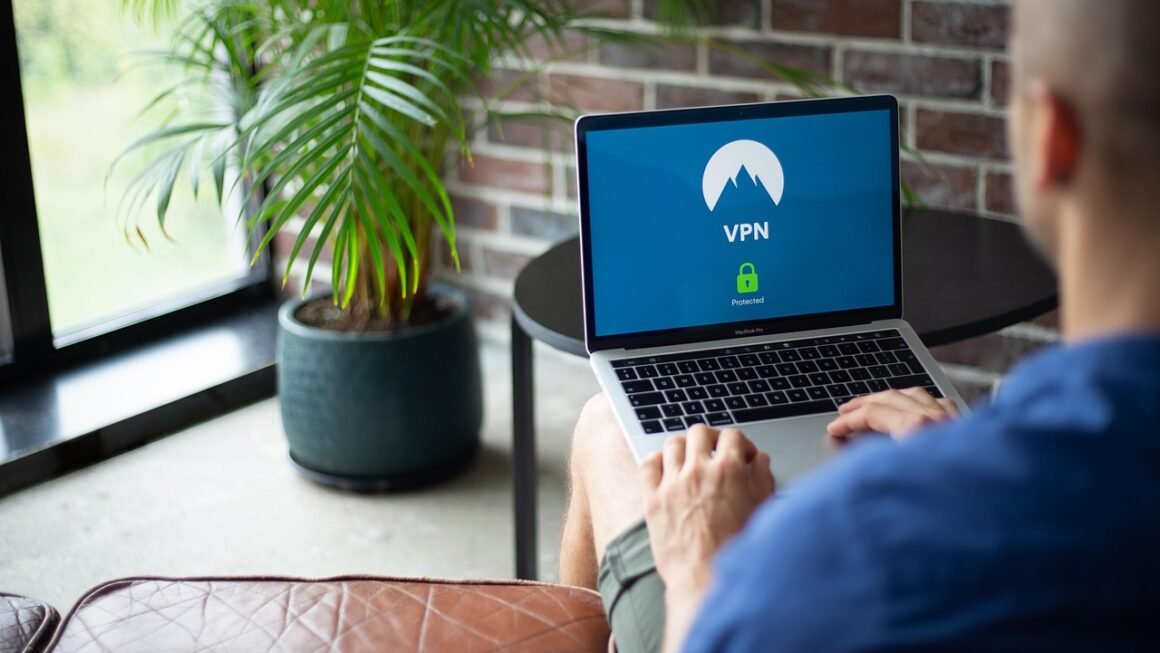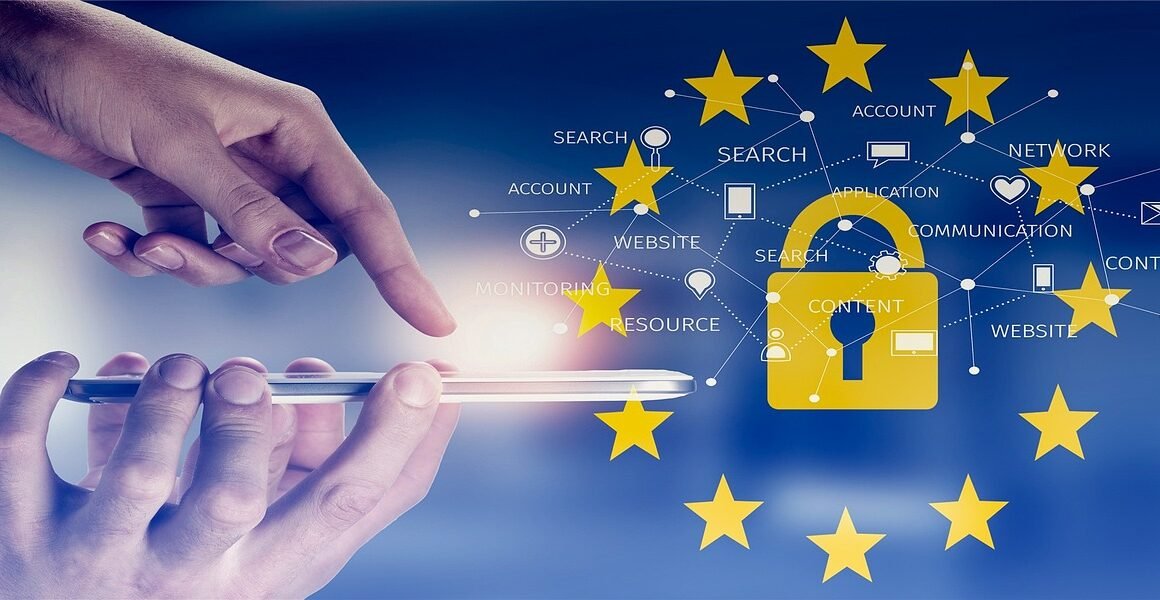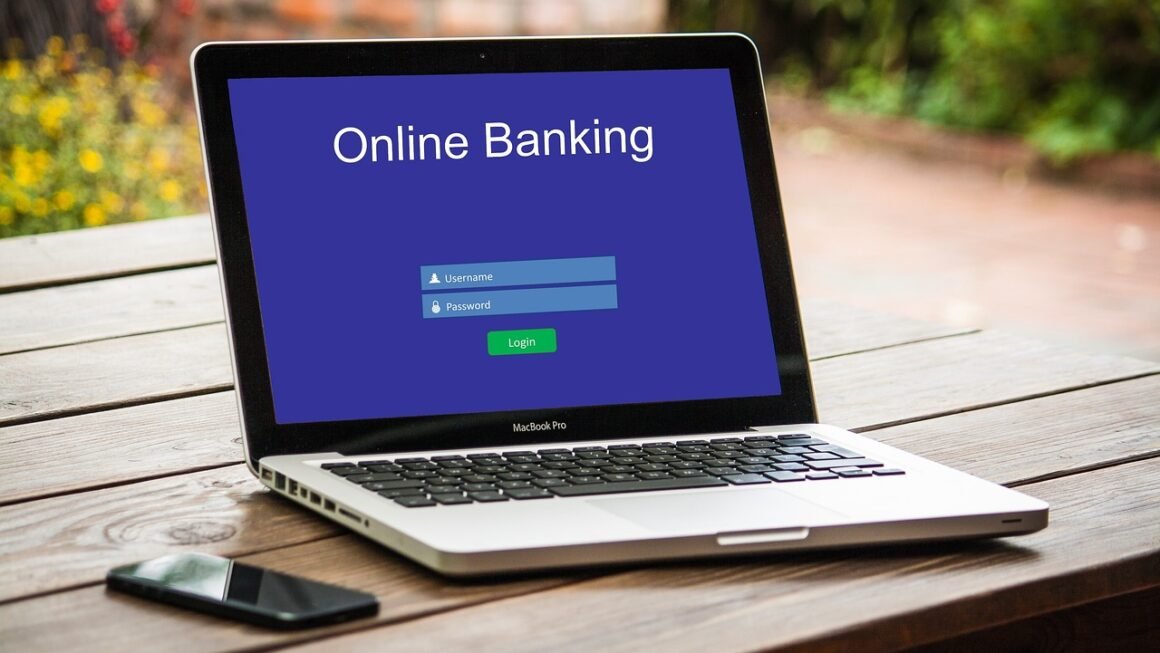In today’s digitally interconnected world, our devices are constantly under threat from a barrage of cyberattacks. From insidious viruses and spyware to sophisticated ransomware and phishing schemes, the need for robust digital protection has never been greater. Antivirus software serves as the first line of defense, shielding our valuable data and personal information from malicious actors. But with so many options available, how do you choose the right one? This guide will delve into the critical aspects of antivirus software, empowering you to make an informed decision and safeguard your digital life.
Understanding Antivirus Software
What is Antivirus Software?
Antivirus software is a program designed to detect, prevent, and remove malicious software (malware) from computers, smartphones, and other devices. It works by scanning files and directories for known viruses, worms, Trojans, spyware, rootkits, and other malicious programs. Modern antivirus solutions go beyond simple signature-based detection and incorporate advanced techniques like behavioral analysis and heuristic scanning.
- Signature-based Detection: Compares files to a database of known malware signatures. If a match is found, the software flags the file as malicious. Think of it as a digital fingerprint identification for known criminals (malware).
- Heuristic Analysis: Examines the behavior of files and programs to identify suspicious activities. Even if a file doesn’t match a known signature, unusual actions (e.g., attempting to modify system files) can trigger an alert. This is like observing suspicious behavior to predict a crime before it happens.
- Behavioral Analysis: Monitors running processes for suspicious actions that indicate malware activity. It provides real-time protection against zero-day threats (new malware for which no signature exists).
Why is Antivirus Software Necessary?
Without adequate protection, your devices are vulnerable to a wide range of threats. These threats can lead to:
- Data Theft: Hackers can steal personal information, financial data, and other sensitive information. For example, your passwords, credit card details, and banking information could be compromised.
- Identity Theft: Stolen data can be used to impersonate you and commit fraud. This can result in significant financial and personal damage.
- System Damage: Malware can corrupt your operating system, leading to system crashes and data loss. Ransomware can encrypt your files, demanding payment for their release.
- Performance Degradation: Malware can slow down your computer and consume system resources. Some malware uses your computer to participate in botnets, further impacting performance.
- Privacy Violation: Spyware can track your online activity and collect personal data without your consent. This can be used for targeted advertising or other malicious purposes.
According to a report by Statista, in 2023, ransomware attacks cost companies an average of $4.5 million. This highlights the significant financial risk associated with inadequate cybersecurity.
Key Features to Look for in Antivirus Software
Core Protection Capabilities
- Real-time Scanning: Continuously monitors files and programs for malicious activity. This is essential for preventing infections before they occur. A good antivirus will scan files as you download them or open them from email attachments.
- Scheduled Scanning: Allows you to schedule regular scans of your entire system or specific files and folders. This ensures that your system is regularly checked for malware. Set up a weekly full scan during off-peak hours.
- Web Protection: Blocks access to malicious websites and prevents phishing attacks. This feature typically uses a database of known malicious websites and can also analyze websites in real-time for suspicious activity.
- Email Scanning: Scans incoming and outgoing emails for malicious attachments and links. Many phishing attacks are spread through email, making this a crucial feature.
Advanced Security Features
- Firewall: Monitors network traffic and blocks unauthorized access to your system. A firewall acts as a barrier between your computer and the outside world, preventing hackers from accessing your system.
- Ransomware Protection: Detects and blocks ransomware attacks, preventing your files from being encrypted. This feature often includes behavioral analysis and real-time monitoring to identify and stop ransomware before it can cause damage.
- VPN (Virtual Private Network): Encrypts your internet traffic and hides your IP address, protecting your online privacy. A VPN can be particularly useful when using public Wi-Fi networks. Some antivirus suites include a basic VPN service.
- Password Manager: Securely stores your passwords and helps you create strong, unique passwords. Using a password manager is a best practice for online security.
- Anti-Phishing: Identifies and blocks phishing attempts, preventing you from entering your personal information on fake websites. These features often use a combination of website analysis and blacklists to identify phishing sites.
- Sandbox: Allows you to run suspicious files in a safe, isolated environment to see if they are malicious. This prevents potentially harmful files from infecting your system.
Performance Considerations
- System Resource Usage: Choose an antivirus that doesn’t significantly slow down your computer. Some antivirus programs can be resource-intensive, particularly during scans.
- Scan Speed: Look for an antivirus with fast scan times without compromising accuracy. Nobody wants to wait hours for a scan to complete.
- Updates: Ensure that the antivirus software receives regular updates to protect against the latest threats. Malware is constantly evolving, so regular updates are crucial.
Choosing the Right Antivirus Software
Free vs. Paid Antivirus
Many free antivirus programs offer basic protection, but they often lack the advanced features and comprehensive security of paid versions. Free versions may also include advertisements or limit certain features. Paid antivirus software typically provides:
- More comprehensive protection: Including advanced features like ransomware protection, a firewall, and VPN.
- Better customer support: Paid users typically have access to better customer support channels.
- Fewer limitations: Free versions often have limitations on features or the number of devices you can protect.
While a free antivirus is better than nothing, consider investing in a paid solution for enhanced security, especially if you handle sensitive data or use your device for business purposes.
Compatibility
Ensure that the antivirus software is compatible with your operating system (Windows, macOS, Android, iOS) and device. Check the system requirements before purchasing or installing the software.
Reading Reviews and Comparisons
Before making a decision, read independent reviews and comparisons of different antivirus products. Look for reputable sources that test and evaluate antivirus software based on its protection capabilities, performance, and features. AV-Test and AV-Comparatives are two well-known independent testing organizations.
Trial Periods
Take advantage of trial periods offered by antivirus vendors to test the software before committing to a purchase. This allows you to evaluate its performance and features on your own device.
Maintaining Your Antivirus Protection
Regular Updates
Ensure that your antivirus software is always up to date with the latest virus definitions and program updates. Enable automatic updates to ensure that you’re always protected against the latest threats. These updates contain crucial information about newly discovered malware and security vulnerabilities.
Running Scans
Schedule regular scans of your system to detect and remove any malware that may have slipped through the real-time protection. Consider running a full system scan at least once a week.
Staying Informed
Stay informed about the latest cybersecurity threats and best practices. Follow reputable cybersecurity blogs and news sources to learn about new threats and how to protect yourself. Be aware of phishing scams and other social engineering tactics used by hackers.
Practicing Safe Browsing Habits
Antivirus software is a crucial component of your security strategy, but it’s not a silver bullet. Practicing safe browsing habits is also essential. Avoid clicking on suspicious links, downloading files from untrusted sources, and opening email attachments from unknown senders. Use strong, unique passwords for all your online accounts and enable two-factor authentication whenever possible.
Conclusion
Selecting the right antivirus software is a critical step in protecting your digital life. By understanding the different types of malware, the key features of antivirus software, and the importance of regular updates, you can make an informed decision and safeguard your devices and personal information from cyber threats. Remember that antivirus software is just one piece of the puzzle. Practicing safe online habits and staying informed about the latest security threats are equally important for maintaining a strong security posture.



